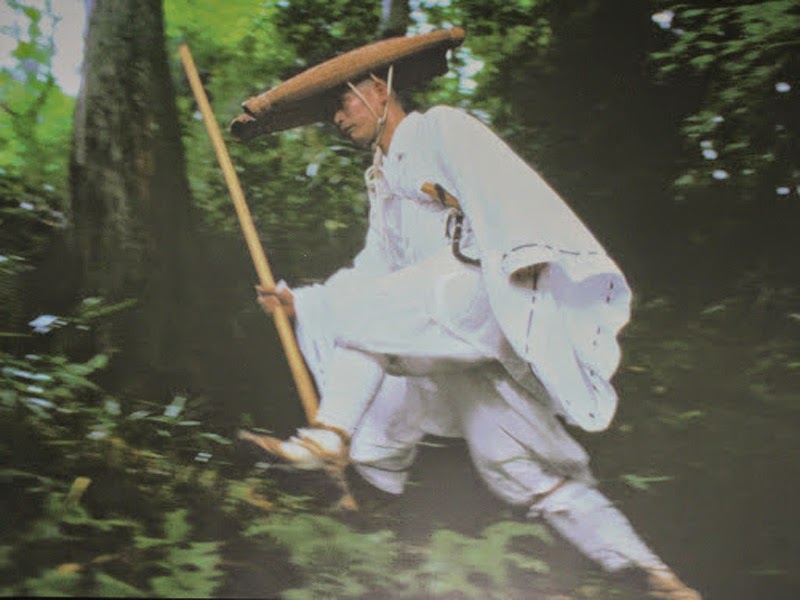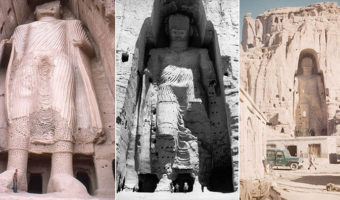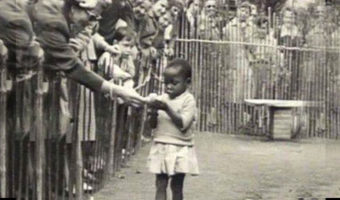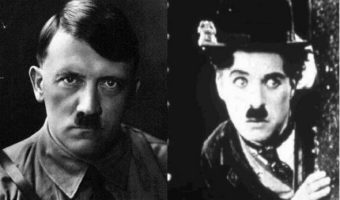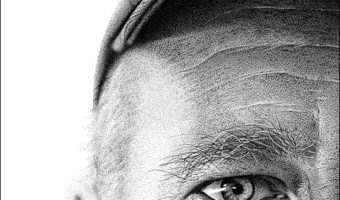The 1000 Days Challenge By Marathon Monks, Gives Athletes A Run For Their Money
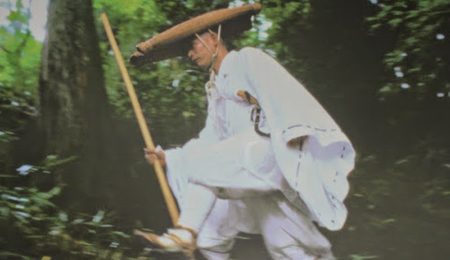
On Mt. Hiei, Japan on the northeastern hills outside Kyoto, lie several unmarked graves. Tendai Buddhist Monks who fail to complete the Kaihogyo quest are buried here.
The Kaihogyo
According to the Tendai monks, you can only achieve enlightenment in your current life through extreme self-denial and they achieve this by taking up the Kaihogyo quest. Due to this, the monks are often referred to as the “Marathon Monks”.
The Kaihogyo however, is more than a marathon. It’s a challenge that goes for 1,000 days and takes over seven years to complete. When a monk chooses to take up this challenge, they have to do this:- During year 1, for 100 straight days, the monk runs 30 km (about 18 miles) per day.
- During the 2nd year, the monk runs another 30 km every day for 100 straight days
- During the 3rd year, the monk runs the same miles per day for another 100 straight days.
- During the 4th year, the monk runs 30 km every day but for 200 straight days this time.
- During the 5th year, the monk runs another 30 km per day for another 200 days straight. After completing this, the monk goes for 9 consecutive days with no food, rest or water. Two monks stand guard to ensure he doesn’t fall asleep.
- During the 6th year, the monk runs 60 km per day (approximately 37 miles) for 100 straight days.
- During the 7th year, the monk runs 84 km per day (about 52 miles!) for another 100 straight days. During the final 100 days, he must run for 30 km per day.
During the first 100 running days, a monk can withdraw from the quest but after that, there’s no withdrawal- the monk either completes the quest or kills himself. For this latter clause, the monk has with him a lengthy rope and short sword during the journey, at all times.
Only 46 men have succeeded in the journey for the last 400+ years. Others are a memory to be found on the unmarked graves on Mount Hiei hills. Lessons to learn from this on commitment and mental toughness include:
1 “Complete or Kill”
‘Marathon monks’ are completely devoted to this extreme mentality- “complete or kill”. You can adopt the same mentality to your work, goals and projects. If a project is important to you, make sure you complete it. If it’s not, kill it.
We all have those half-finished projects and it’s time to get rid of all the loose ends. Two options are left- either a goal or activity is important enough to complete or kill it. In your life, you should only have goals worth finishing while you eliminate the rest.
2 Commitment to nothing leads to a distraction to everything
Though none of our challenges has a death possibility, the monks teach us a huge lesson on commitment and conviction. What they are working towards is clearly clarified and their life for the next seven years is organized around that goal. All distractions that may come along the way are rendered unimportant. They have no time to be distracted by movies, the internet, celebrity gossip, the TV or anything else.
Your goals may not have a sense of urgency like that of the monks but you can decide to have a similar sense of conviction while approaching your goals. Things we claim to be important to us like losing weight, writing a book etc., that we never get around doing. You can decide to organize your day around them and take time for them no matter what. Commitment to nothing will make you distracted by everything.
3 Just get started no matter how long your goal takes
The Tendai monks are 900 days and a thousand miles from their goal by the 101 day. They still have a long and arduous journey that sounds and looks impossible to normal man but they still accept the challenge and work day after day, year after year. Seven years later, they have finished! The amount of time a goal will take to reach should not be a discouraging factor.
“Never give up on a dream just because of the length of time it will take to accomplish it. The time will pass anyway.” -H. Jackson Brown
The fortunate difference between yourself and the monks is that there will be no death if your goal is not reached! As Seth Godin says, you have the privilege to be wrong literary. You will only learn from the failure if you do fail.
Another difference is that, you can always change your mind. If after a year a goal you were working on isn’t what you wanted, you can choose something else freely. If it’s difficult to choose between different choices, you can always choose one and if it doesn’t work out adjust to the other. You have an opportunity to choose an important goal and the privilege to fail with very little consequences. Don’t waste such a golden privilege.
Commitment and conviction are the biggest lessons we can learn from the Tendai monks. These is clearly shown on the 101 day where they commit even though it’s ‘do or die trying’ for the next 900 days.
You can also take up a goal of yours and decide you are going to finish it or die trying. Get rid of all unimportant tasks you have, start on your goal no matter how big or long the challenge will take and be committed to it. Make today the 101 day on your goal. Make it your day of commitment!
[Source: www.jamesclear.com]
The Camera Of A World War II Soldier Was Found 70 Years Later. What They Found On It, Is Interesting!
10 Of The Maddest Scientists To Ever Exist. 6 Is Slightly Sadistic!














